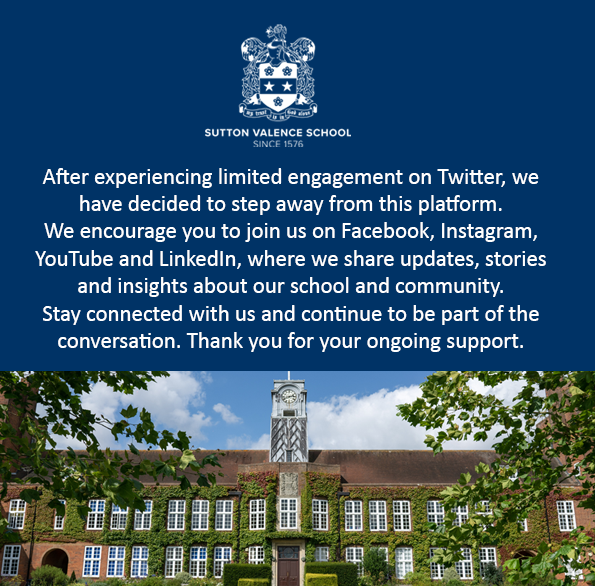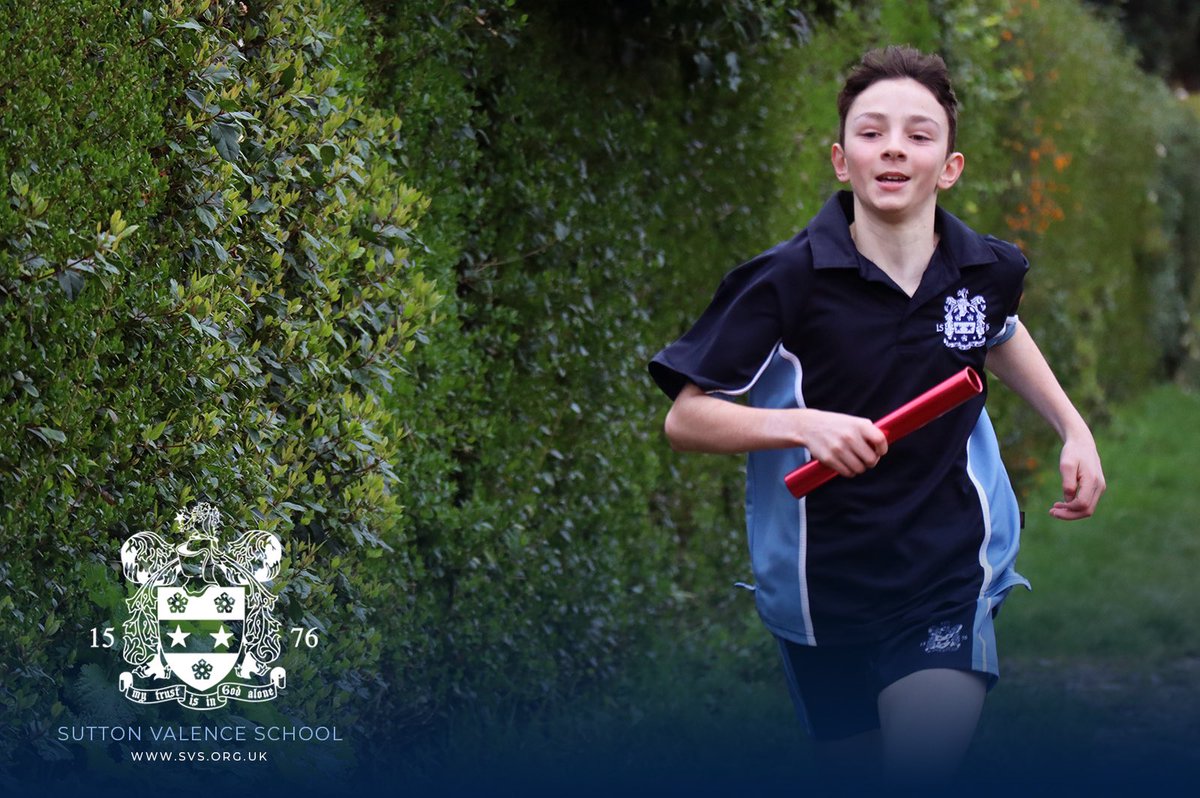On Wednesday, we welcomed Karl Hopwood to the School, who is an online safety expert with over 15 years experience of working with schools to address the challenges posed by modern technology.
Grace Manning-Greene and Simone Rai (both Third Form) wrote a report on the talk:
The internet is all around us every day. It has been particularly useful in the past 18 months due to the lockdowns, but what is online safety and why do we need to know about it?
Karl Hopwood came to talk to the School about how students of all ages should behave online, giving advice on how we use the internet. He mentioned key points about how to act in the present and future, so we have the knowledge about how we should act for ourselves, and others, if anything happens online.
As well as learning about how to cope with negative behaviour online, many shocking facts about internet safety were mentioned. These included that just under half of the teens in Britain are exposed to hurtful or damaging content on social media. Furthermore, only a third of these young people report these issues. It was suggested that we should use the government website, report@phishing.gov.uk, to report links that are suspected to be fake. As of the 30th September 2021, there were 7.7 million reported suspicious links. Of these, 64,000 scam links and 119,000 URLs were removed, showing that anyone can easily report a fake message or email. Another way of reporting these links is by text – the text number is 7726 and is free for everyone to send messages to.
Karl Hopwood also talked about why teenagers are more likely to talk to strangers online and what people are doing to stop online fake news. Notably, we learnt the younger you are, the less developed the prefrontal cortex (front section of the brain) is and this is responsible for the thinking, reasoning and logic we use. On the other hand, the amygdala (cluster of nuclei in the brain) is responsible for the emotional side of us and grows at a rapid rate. The imbalance makes younger people more vulnerable because they are less likely to question the questionable.
We also were introduced to the idea of echo chambers and filter bubbles. In the talk, we were encouraged not to become so engrossed in social media because it creates ‘echo chambers’. Echo chambers are when a person intentionally, yet subconsciously, reads and shares information with which they agree – making it more difficult to be more open to varied viewpoints. Even if something is not true, the assurance of others can only fuel our own beliefs; therefore ‘echoing’ our own won arguments. It is simpler to only listen to our own thoughts – these echo chambers only make things more popular, spreading the news faster. Filter bubbles are a type of echo chamber, that is a very complex algorithm that filters out all of the content that is least likely to inspire the user of social media platforms, such as Instagram or Facebook, even YouTube. They show what people want to see, so people can believe what they are reading, even if it is false. Echo chambers make stereotypes have a bigger presence online, showing only one viewpoint on things.
Karl Hopwood’s talk was both incredibly intriguing and enlightening. His presentation taught us how to be safe, secure and sensible on the internet and I am sure we all could take a thing or two from this!





